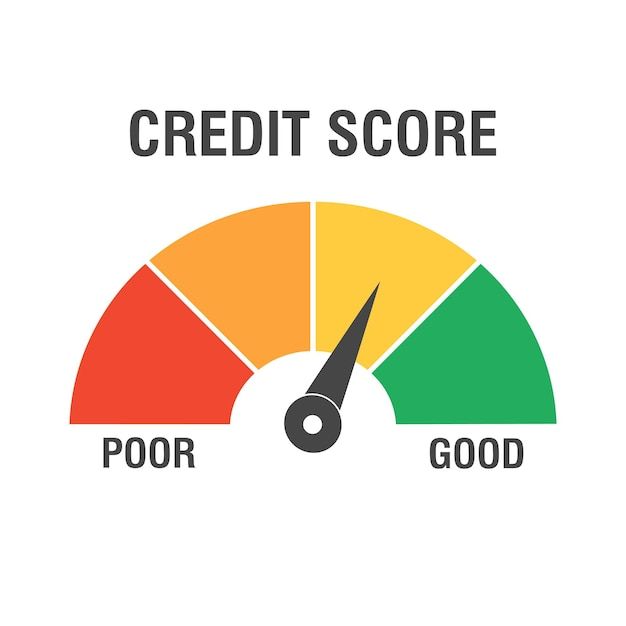How do I increase my credit score ? Lots of people are asking this questions Understanding and Boosting Your Credit Score: A Detailed Guide to Improving Your Financial Health & Investment Strategies for Beginners: Where to Start and What to Know
Part 1: Understanding and Boosting Your Credit Score
Introduction
A strong credit score is fundamental to financial health, affecting your ability to secure loans, credit cards, and even rental agreements. This guide will help you understand credit scores, their significance, and provide practical tips for improving and maintaining a good credit score.
Chapter 1: What is a Credit Score?

1.1 Definition and Components
A credit score is a numerical representation of your creditworthiness, typically ranging from 300 to 850. It reflects your credit history and helps lenders assess the risk of lending you money. The score is calculated based on several key components:
- Payment History (35%): Reflects your history of making payments on time. Late payments, defaults, and bankruptcies negatively impact this component.
- Credit Utilization (30%): Represents the ratio of your current credit card balances to your credit limits. Lower utilization rates are better.
- Length of Credit History (15%): Accounts for the length of time you’ve had credit accounts open. A longer history is generally more favorable.
- Types of Credit Accounts (10%): Includes the variety of credit accounts you have, such as credit cards, installment loans, and mortgages. A diverse credit portfolio is beneficial.
- Recent Credit Inquiries (10%): Reflects the number of recent credit inquiries or applications. Frequent inquiries can lower your score.
1.2 Credit Score Ranges

Credit scores are categorized into different ranges, each representing a level of creditworthiness:
- Excellent (750-850): Shows a high level of creditworthiness, leading to the best loan terms and interest rates.
- Good (700-749): Indicates reliable credit behavior and generally qualifies for favorable credit terms.
- Fair (650-699): Suggests some credit issues but still eligible for credit, though terms may be less favorable.
- Poor (600-649): Reflects significant credit issues; securing credit may be challenging, and interest rates will be higher.
- Very Poor (300-599): Indicates severe credit problems, with difficulty obtaining credit and high interest rates.
Chapter 2: The Importance of a Good Credit Score

2.1 Impact on Financial Opportunities
A good credit score influences various aspects of your financial life:
- Loan Approval and Terms: Higher scores increase your chances of loan approval and obtaining favorable terms, including lower interest rates.
- Credit Card Offers: Better scores qualify you for credit cards with higher limits and lower interest rates.
- Rental Applications: Landlords often check credit scores as part of the rental application process.
- Insurance Premiums: Some insurance companies use credit scores to determine premiums, with better scores potentially leading to lower rates.
2.2 Long-Term Financial Benefits
Maintaining a good credit score can result in long-term financial benefits:
- Lower Interest Rates: Savings on interest payments for loans and credit cards.
- Higher Credit Limits: Access to higher credit limits, providing more financial flexibility.
- Better Financial Products: Eligibility for premium financial products and rewards programs.
Chapter 3: Tips for Boosting Your Credit Score

3.1 Review Your Credit Reports

Regularly review your credit reports to ensure accuracy and address any issues:
- Obtain Reports: Request free credit reports from the three major credit bureaus (Equifax, Experian, and TransUnion) at AnnualCreditReport.com.
- Check for Errors: Look for inaccuracies, such as incorrect account information or outdated details.
- Dispute Errors: If you find errors, dispute them with the credit bureau to have them corrected.
3.2 Pay Your Bills on Time
Timely payment of bills is crucial for maintaining a good credit score:
- Set Reminders: Use calendar reminders or automatic payments to ensure you never miss a due date.
- Pay More Than Minimum: Paying more than the minimum due reduces your balance and improves your credit utilization.
3.3 Reduce Credit Utilization
Lowering your credit utilization ratio can positively impact your score:
- Pay Down Balances: Aim to pay off credit card balances in full each month.
- Increase Credit Limits: Requesting higher credit limits can help lower your utilization ratio, as long as you don’t increase your spending.
3.4 Maintain a Diverse Credit Portfolio
A mix of credit accounts can benefit your credit score:
- Different Types: Include various types of credit, such as credit cards, installment loans, and mortgages.
- Manage Responsibly: Ensure all types of credit are managed responsibly to avoid negative impacts.
3.5 Avoid Opening Too Many New Accounts
Frequent credit inquiries can negatively affect your score:
- Limit Applications: Only apply for credit when necessary and avoid opening multiple accounts in a short period.
- Shop Wisely: When comparing rates, do so within a short time frame to minimize the impact of multiple inquiries.
- 3.6 Build a Positive Credit History
A longer credit history generally improves your score:
- Keep Accounts Open: Maintain older credit accounts, even if you don’t use them frequently.
- Use Credit Wisely: Demonstrate responsible credit use over time to build a positive history.
3.7 Use Secured Credit Cards
Secured credit cards can help build or rebuild credit:
- Deposit Required: Provide a security deposit as collateral, which becomes your credit limit.
- Report to Credit Bureaus: Ensure the secured card issuer reports to the credit bureaus to positively impact your credit score.
Chapter 4: Common Credit Score Myths

4.1 Myth: Checking Your Own Credit Score Hurts It
Checking your own credit score is considered a soft inquiry and does not affect your score.
4.2 Myth: Closing Old Accounts Improves Your Score
Closing old accounts can shorten your credit history and potentially lower your score. Keep accounts open to maintain a long credit history.
4.3 Myth: Paying Off Collections Immediately Will Improve Your Score
While paying off collections is important, it may not immediately boost your score. Ensure the account is marked as “paid” or “settled” to reflect the update. these are the ways that you can improve your credit score you can use this article for understanding but do not depend on this as this is not as reliable as today so for gaining information and under standing you can use this article for your under standing and even check youtube videos and consult a professional.

